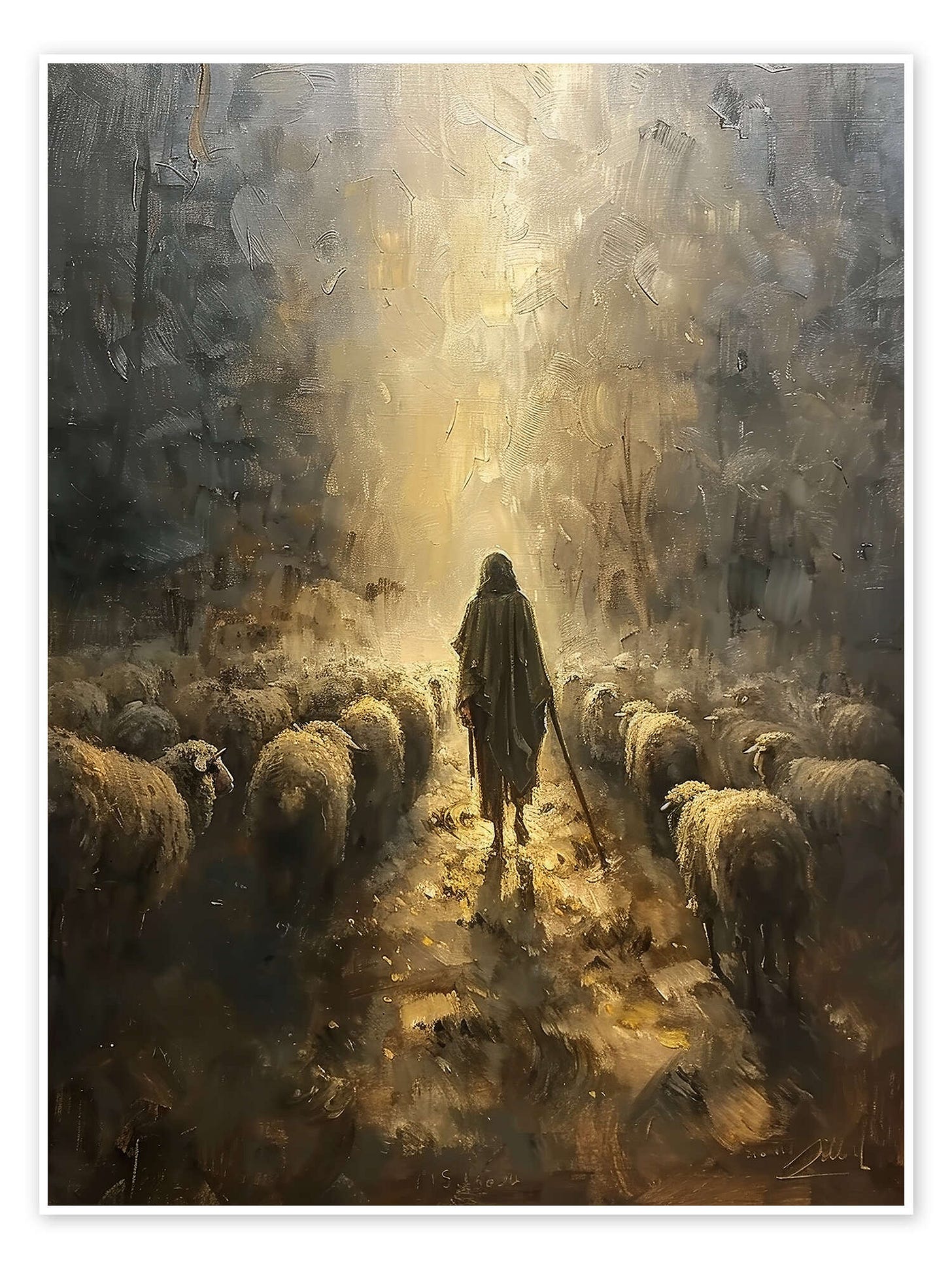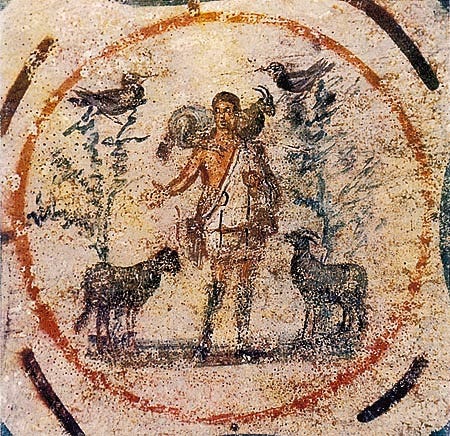I am fast reaching middle-age, and have managed to live my life without ever making use of a dating app. Now, given my lack of romantic success through traditional means, some have asked why do I insist on not using the apps, as it is the method most people opt for nowadays, and the way how most couples meet each other. Why not get on with the times?
The problems are manifold, ranging from the practical to the procedural to the moral to the metaphysical.
Practical
This is the layer most app-users are familiar with, and declaim about. The system is built in such a way that the odds of attaining a successful marriage through it are stupidly low. It is not in the interest of the service provider to form marriages, but to encourage perpetual dating. The male-female proportions are also badly off skew, and the image-centric nature of the process makes matching difficult for normal looking men.
Another practical problem is the user base. If the more traditional women avoid dating apps, then you shall not find them by using dating apps. The people you find on them are the ones who have no qualms about using them. This naturally guarantees that the people who agree with you on such matters cannot be found there.
Moral
As said, the apps are designed not to facilitate marriages. This is in and of itself a moral issue. All dating should aim at marriage, and a process that deliberately severs or obfuscates that fundamental purpose is immoral. The image-centric nature of the services also feeds and encourages vanity and superficiality in people, especially the women who use them.
This is related to the process of selection the systems are based around. It is fundamentally dehumanizing. It’s as if you were browsing at a cattle market, not trying to find a wife. The process of routinely rejecting or accepting scores of people, mainly based on their appearance, cannot be good for the soul of anyone. Furthermore, app usage usually isn’t a one time experience, but easily becomes a corrosive habit.
The apps remove human interaction from all the initial encounters, and afterwards direct communication to vague, non-committed text messages. All this establishes an emotionally and humanly distant, prideful approach, where you get to “select” an acceptable person out of a more or less wide variety of alternatives. Either that or you get to fail, fail, and fail some more, without ever even getting to talk to anyone. It will quickly damage a person’s sense of self-worth and human dignity.
When people find success with the apps it nourishes the liberal belief that they are an autonomous individual in charge of their own life, and in a position of control – sitting on the seat of a captain, judge, and arbitrator. All that pleasing sense of control in the act of swiping hardens your heart and feeds your pride.
Metaphysical
Ultimately life is not supposed to be under our control. The more you succeed in pushing life under your own control, the more guaranteed you are to veer off from God. This reality is particularly acute in the deepest matters of the heart, like marriage and family formation.
Using the apps means utilizing a mechanized, technocratic process (even were it to work properly, even were it based on a more morally palatable system than it now is) to achieve something grand. But it is something that is meant to happen organically, through living a life on the strait and narrow, with an open heart.
By using the apps, you are taking a very great matter into your own hands (and then immediately giving it to the hands of a computer algorithm developed by an international corporation, invariably owned by the Cosmopolitans), when it should remain the hands of God.
“Only a very wise man at the very end of his life could make a sound judgment concerning whom, amongst the total possible chances, he ought most profitably have married!
Nearly all marriages, even happy ones, are mistakes: in the sense that almost certainly both partners might have found more suitable mates.
But the real ‘soul-mate’ is the one you are actually married to. You really do very little choosing: life and circumstance do most of it (though if there is a God these must be His instruments, or His appearances).”
J.R.R. Tolkien
Many people are horrified by how artificial our lives and surroundings have become; how everything is based on screens and programs, and authentic life seems distant. The use of dating apps means allowing the march of technology to enter in the very deepest and most fundamental parts of your existence.
You allow modern technology and technocracy to take charge of your romantic life, and perhaps even determine the person you marry and form a family with. On the face of it this looks nasty, sounds horrid, and stinks of sulfur.
Counter
When I’ve talked about these things to people who advocate Tinder and other apps, they usually cannot help but admit that I’m onto something. But then they say: “Sure, the game may be a bit dirty, and I see the problems, but… That’s just how it works nowadays. And I know several people who have found a wife and now have children and a happy family. It can work out wonderfully, you know.”
This argument is quite powerful and I’ve been tempted by it. But ultimately it can all be condensed to five words that taste like ash: “The end justifies the means.”
No matter how much I ponder the matter, and I’ve pondered it for over a decade, I cannot get over the obvious moral and metaphysical problems with the system. Were I to use it anyway, I would be doing so against all the alarums of my conscience.
Believing that the end justifies the means will corrupt you in your business transactions, and make you cruel in your work-life. Then what happens when you allow that kind of calculation to determine your love-life? What happens when you allow such morally bankrupt thinking to become the seed of your marriage, and of the potential family life that ensues? What is your life founded on at that point? And where do you stand as a man? Once you’ve opened that door, why say no to the bankrupt heuristic in less vital areas of life – after all, you’ve already allowed it to enter the deepest depths of your heart.
Nowadays we call it loss of integrity. Our ancestors would have referred to it as selling your soul. It is a quite obvious Faustian pact: ignoring the voice of your conscience, corrupting your integrity, and selling your soul to gain some worldly end, however sweet. But in the end, there is no sweeter bed-fellow than a clean conscience. The most beautiful woman in the world is not worth the price of marring your soul.
Now, what makes this case so difficult is that the reward you are tempted by is so incredibly sweet. A loving wife, sons and daughters of your own. Why say no to that? Why have such qualms? Isn’t love the highest goal? Amor vincit omnia?
C. S. Lewis warns us of the dangers of love.
“God is love, but love is not god.”
Love can never be allowed to become the highest good. It must always bow its head and bend its knee before morality, before truth, and before God.
It is not acceptable for a husband to destroy his family because he so loves his secretary. It is not acceptable for a couple attracted to each other to ignore real obstacles to their love. It is not acceptable to do unrighteous things because you desire love. It is not acceptable to lose your soul to gain the world.
Solution
Given that I have never found success through my real life approaches, and given my insistence on not using dating apps, should I despair? No. I should trust. Trust that if God wants me to have a wife, He will arrange the matter some way, even by a small miracle if necessary.
On the other hand, if it is not His will that I should find a wife, I must trust that His determination is ultimately in my best interest. The temptation is to rebel against divine prerogatives and timetables, and “take my life in my own hands”. To set prerogatives and timetables of my own. Though quite natural, and perhaps appearing like the behavior of a ‘man of action’, I cannot imagine doing so would lead to anywhere good. Especially if the prerogatives included resorting to dating apps.
A great modern temptation is to approach your life as a big statistic. The dating app model is based on sifting through large numbers, and crunching people until the algorithm churns something out. Statistical, probabilistic thinking is why people believe in the system’s efficacy. However, in reality you only get married to one person, which naturally means you really only need to meet one person.
Of course, if you believe your life is randomly generated, and relationships are random events driven by probability, you will be tempted to push the numbers, grind, and “game the system”. You will get nervous if your numbers go down. You will think you’ll surely lose the lottery.
But according to Christian understanding, we are not participating in some cosmic lottery where the more tickets you buy, the more likely you’ll succeed. In fact, Christians believe that nothing about our lives is random. Everything happens for a reason, be that natural or supernatural. Faith constitutes one great call to trust the plan. Everything that appears astonishingly improbable or even impossible to you, is possible for God. And He only requires one try.
Somewhat paradoxically, another key driver behind our impatience and anxiety tends to be that we think too long term, especially the prudent personalities. Long term thinking is good materially, but may not be so good spiritually. Take no thought for the morrow, sayeth the lord. For a long time this has been a difficult teaching to me. It goes against prudence. But when you have the wisdom to apply it spiritually, you begin to understand.
Managing to live through the ongoing day without doing wrong and while willing the good of others, is a mighty enough task. Getting anxious over prospects of possible future failure (perhaps some imagined decades hence, although nobody even knows the number of their days) is a great distraction.
It is indeed possible my future won’t the kind of future I would want to have. But by trusting in the plan I can do my best to make sure it will be the future God wants me to have. And as long as the good shepherd is with me, in truth (if not in feeling) I shall lack nothing.







